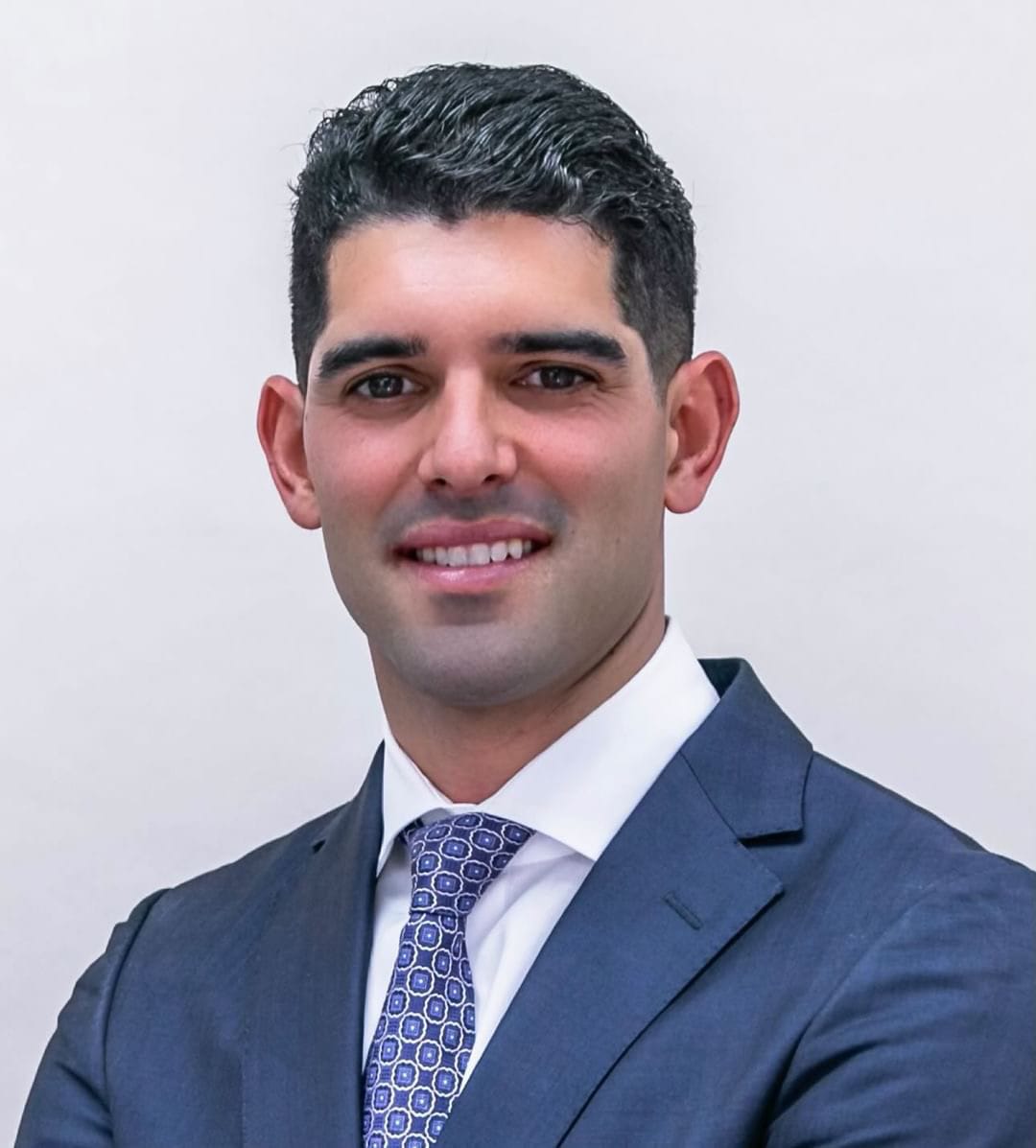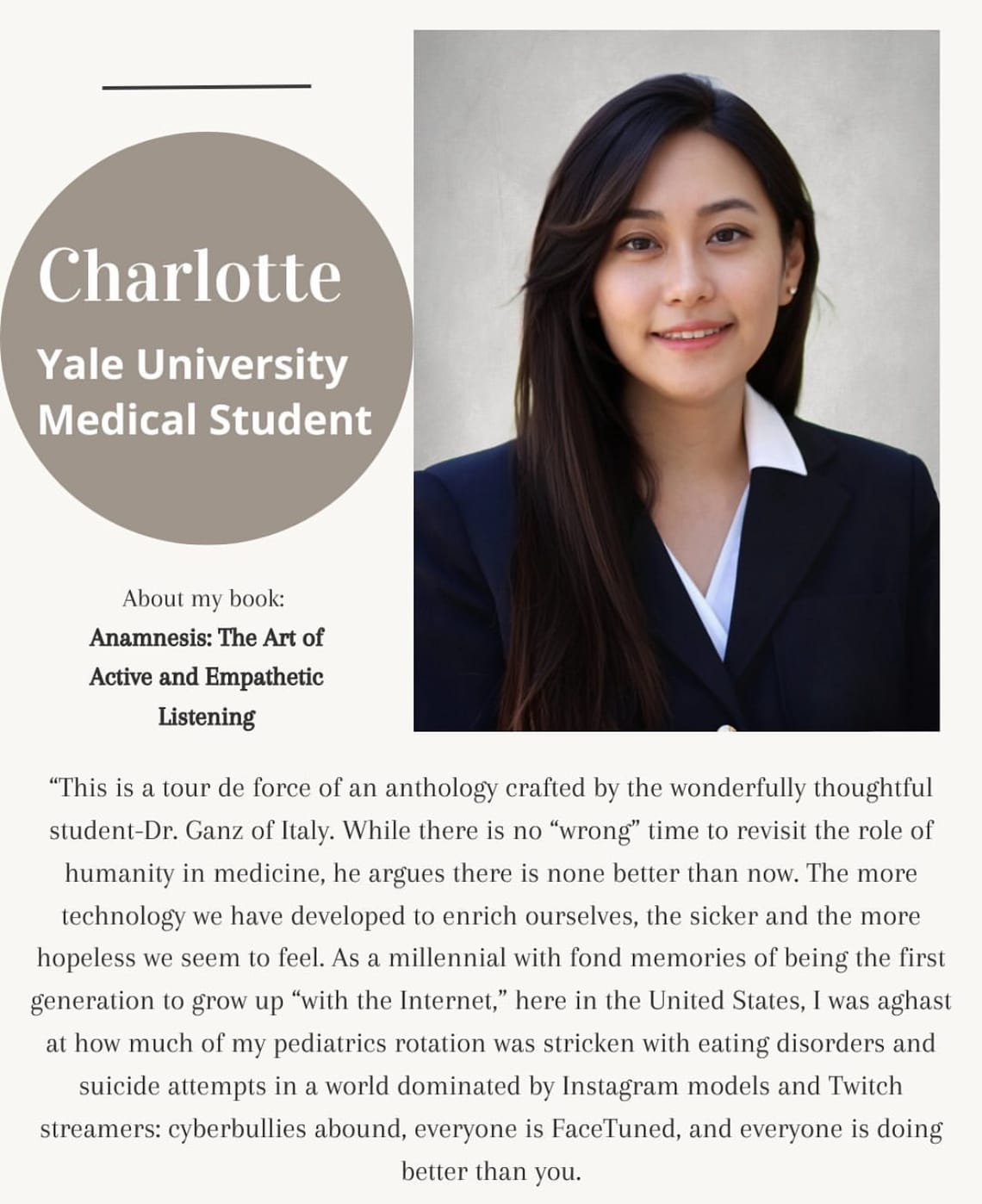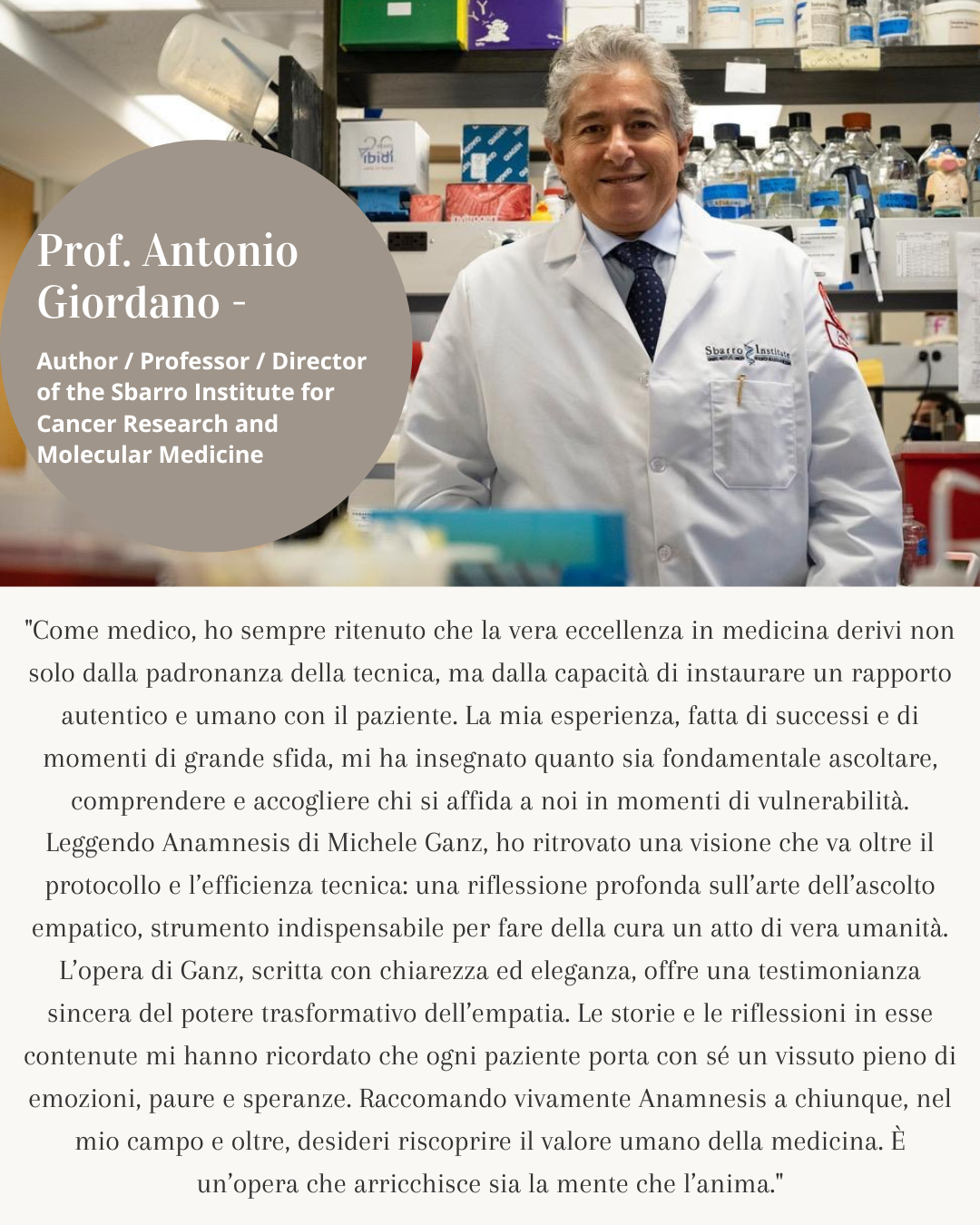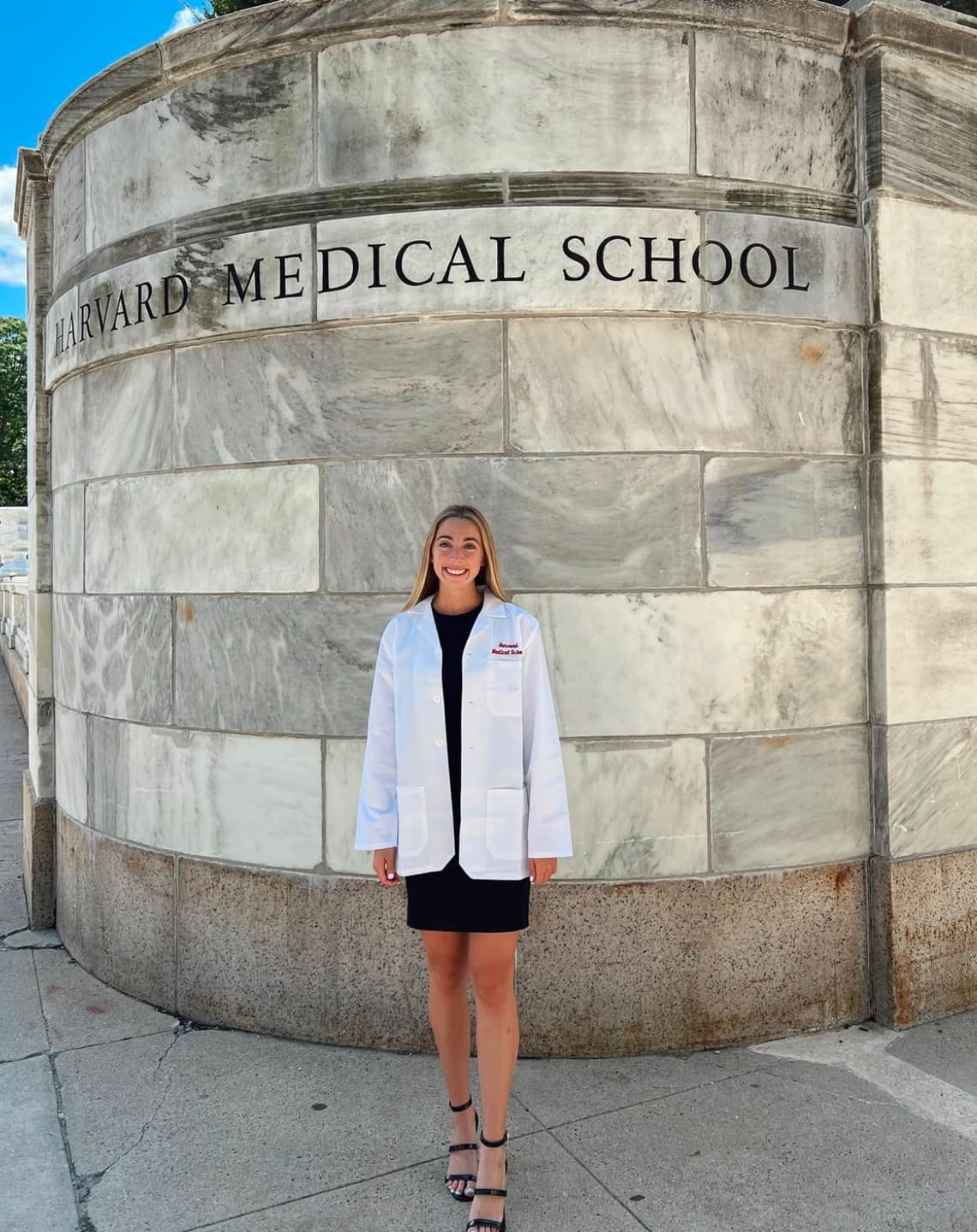Orthopaedic Surgeon & Sports Medicine doctor
Founder of Mijares Orthopedics
"At this stage of my life, what makes life truly meaningful is spending quality time with family and friends, creating lasting memories and positive experiences. Our values are shaped by our upbringing and the people we surround ourselves with, constantly evolving if we allow them to, growing better each day.
Being a good person means doing what’s right—treating others with kindness, respect, and care, just as we would want to be treated. It means sacrificing for others without expecting anything in return. In the same way, a good patient is someone who actively participates in their healthcare, follows medical guidance, and shows gratitude for the care they receive. A good doctor, on the other hand, is someone who not only does the right thing but also offers empathy and compassion, caring for patients as they would their own family, with honesty and a passion for healing.
In life, we can only control what is within our power. We have the freedom to choose our actions, our company, how we treat others, and how we live each day. If we desire something deeply, we will find a way to achieve it. Yet, there are forces beyond our control—genetics, unforeseen events, and even the will of nature. I was not born with the body of an Olympic swimmer or of an NBA basketball player. I have no control over whether a shark attacks me on my next surf trip. Some things, I believe, are best left in God's hands.
Empathy is at the heart of good healthcare. Truly understanding what a patient and their family are going through requires stepping into their shoes. Sometimes it takes experiencing the healthcare system from the other side—either as a patient or a loved one—to fully grasp the emotional weight they carry.
I wholeheartedly believe that empathy and compassionate listening are essential for every doctor. There are times when patients come to us not just for medical advice but because they need to be heard. I once had a patient who came for a pre-op visit and ended up spending 30 minutes talking about something entirely unrelated to her surgery. She cried, and I listened. In those moments, the act of listening can be as healing as any treatment. In the fast-paced world of medicine, it can be difficult to give each patient the time they need, but offering even a brief moment of undivided attention can leave a profound impact on their well-being.
Incorporating spirituality and religion in medical care can offer profound healing for certain patients. Many find comfort in prayer or faith as part of their treatment. Not everyone is spiritual, but for those who are, this holistic approach can make a significant difference. It's crucial to read the patient and respect their individual beliefs, creating an environment where they feel seen and understood. Ultimately, a patient’s emotional and spiritual well-being is just as important as their physical health."




